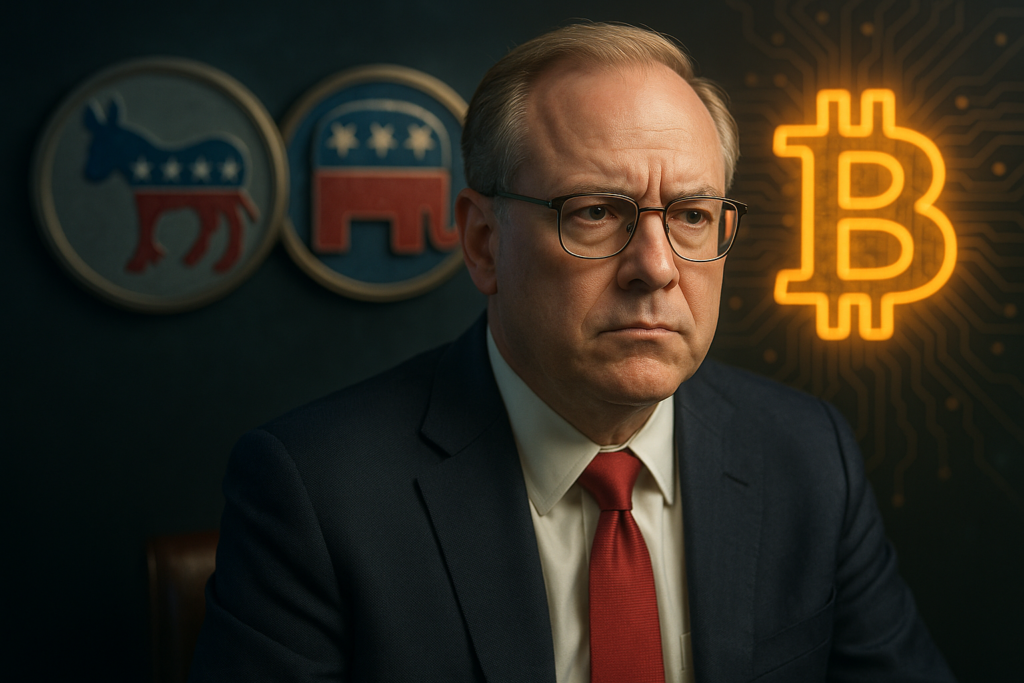Brian Quintenz Grilled on CFTC Leadership, Crypto Stance, and Political Balance
Brian Quintenz, former Commodity Futures Trading Commission (CFTC) commissioner and President Trump’s nominee to chair the agency, faced tough questions during a Senate confirmation hearing this week. Lawmakers pressed him on several controversial topics, including bipartisanship at the CFTC, crypto regulation, and debanking issues affecting the digital asset sector.
Quintenz avoided stating whether he would support a bipartisan commission structure, drawing concern from several senators.
Senate Demands Clarity on CFTC Composition
Current law limits the CFTC to a maximum of three commissioners from the same political party, yet Quintenz declined to commit to recommending a balanced panel. With only two commissioners presently serving — both expected to step down if Quintenz is confirmed — his appointment could lead to a fully Republican-led CFTC, breaking with longstanding bipartisan tradition.
Senator Tina Smith called Quintenz’s vague response on bipartisanship “disappointing.”
Crypto Regulation and the CLARITY Act
The hearing also covered crypto regulation and market structure. Quintenz, who worked at Andreessen Horowitz post-CFTC, described firsthand challenges with crypto-related debanking, revealing that some blockchain startups could not even open bank accounts.
He expressed support for legislative efforts like the CLARITY Act, which proposes to clarify how federal agencies such as the CFTC and SEC regulate digital assets.
“If Congress gives the CFTC exclusive authority to regulate spot digital commodity markets, the agency is ready,” said Quintenz.
He also acknowledged that additional resources and staffing would be essential if the CFTC were to take on greater responsibilities in crypto oversight.
Conflicts of Interest and Transparency
Quintenz has disclosed existing positions in crypto and financial technology firms that could pose potential conflicts of interest. During the hearing, he pledged to resign from all roles and divest assets within 90 days if confirmed.
His statement emphasized a belief in decentralization and transparency in blockchain governance, calling it a “new regulatory frontier.”
Why It Matters
The future leadership of the CFTC will directly influence how digital assets are regulated in the United States. As debates around crypto market structure legislation intensify in Congress, decisions made today will shape the rules of tomorrow’s financial system.
